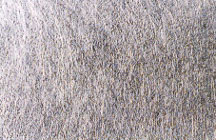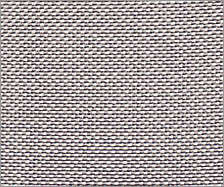|
||
| Sulphuric Acid on the WebTM | Technical Manual | DKL Engineering, Inc. |
Knowledge for the
Sulphuric Acid Industry
![]()
Sulphuric Acid on the Web
Introduction
General
Equipment Suppliers
Contractor
Instrumentation
Industry News
Maintenance
Acid
Traders
Organizations
Fabricators
Conferences
Used
Plants
Intellectual
Propoerty
Acid
Plant Database
Market
Information
Library
Technical Manual
Introduction
General
Definitions
Instrumentation
Plant Safety
Metallurgial
Processes
Metallurgical
Sulphur Burning
Acid Regeneration
Lead Chamber
Technology
Gas Cleaning
Contact
Strong Acid
Acid Storage
Loading/Unloading
Transportation
Sulphur
Systems
Liquid SO2
Boiler Feed Water
Steam Systems
Cooling Water
Effluent Treatment
Utilities
Construction
Maintenance
Inspection
Analytical Procedures
Materials of Construction
Corrosion
Properties
Vendor Data
DKL Engineering, Inc.
Handbook of Sulphuric Acid Manufacturing
Order
Form
Preface
Contents
Feedback
Sulphuric Acid
Decolourization
Order Form
Preface
Table of Contents
Process Engineering Data Sheets - PEDS
Order
Form
Table of Contents
Introduction
Bibliography of Sulphuric Acid Technology
Order Form
Preface
Contents
Materials of Construction -
FRP - Fibreglass
September 23, 2001
|
Introduction |
Associated Links |
"C" Glass
A chemical resistant glass commonly used for surfacing veil.
"E" Glass
A borosilicate glass commonly used for glass fibres for FRP structural layers. "E" glass is suitable for electrical laminates because of its high resistivity which gives it the common name "electric glass".
E-Glass Cloth has been available since the 1940’s and is still the most widely used and the most economical composite reinforcement. It is made from strands of continuous glass filaments plied and twisted into yarn. It is chrome finished (Volan A) and is suitable for use with all polyester, vinyl-ester, and epoxy resins.
S-2 Glass
S-2 Glass Cloth was developed by Owens Corning for military missile applications. Compared to E-Glass, S-2 Glass has much greater tensile strength, flexural strength, flexural modulus, and compressive strength. S-2 Glass laminates also exhibit improved impact resistance, toughness, a high-service temperature, and reduced weight.